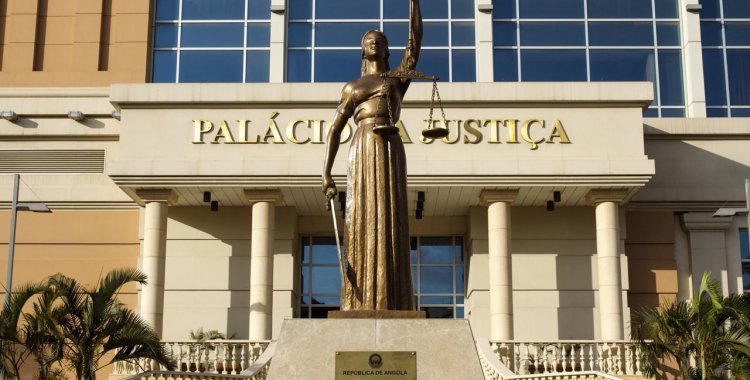The internal circular, which Lusa had access to, justifies the need for the measures, nine in total, with "leaks of sensitive information related to criminal proceedings" and procedural steps.
The document that came into force on Monday stipulates that all those interested in accessing the building must leave their mobile phones at reception, a limitation extended to magistrates, criminal investigators and employees, if they use 'smartphones'.
It also prohibits the sending of documents via WhatsApp or other social networks between judges, investigators and officials, who will not be able to take processes to be worked on at home.
"The Internet signal is suspended in all offices except for room 23 and the room where the computer recording of processes is processed", reads the circular.
In addition, employees of other offices are prohibited from being in the offices of other magistrates and intervening in other cases without prior and exceptional authorization from the director, refers to the circular.
The magistrates to whom the cases whose information is disclosed on social networks belong "will be given negative information to the dignified PGR [Attorney General of the Republic]", according to the same document.
At reception, employees must record the full name, mobile phone number, time, date and destination office number of all procedural actors who enter the building.
The circular also stipulates that magistrates, investigators and employees always carry their service pass and that they use the main door exclusively to enter and exit the building.
Speaking to Lusa, the jurist and researcher at the University of Oxford, Rui Verde, doubted the effectiveness of these measures and questioned the legitimacy of some of them, although he points out that others are normal taking into account the sensitivity of the issues dealt with there.
"This type of measure to safeguard the secrecy of justice is generally normal, especially when there are many holes," he said.
However, he pointed out some "excesses of zeal" and admits that there are frankly unconstitutional measures, such as penalizing magistrates, "absurd illegalities", such as prohibiting magistrates from accessing other offices, or that eventually violate privacy rights, such as demanding mobile phone numbers from other stakeholders.
For Rui Verde, with regard to negative information about magistrates, it is "a kind of inversion of the presumption of disciplinary innocence", since the disclosure of processes must be investigated, without "automatic denials", which create " a kind of guiltless condemnation".
On the other hand, he considers it "absurd" that office workers cannot be in the offices of other magistrates.
"I think it will be a wording problem, maybe they mean forbidden to be alone. It is evident that in an organization of this kind the magistrates are in each other's offices", making the prohibition impracticable, he commented.
He finally questioned whether the cell phone number requirement "offends the right to privacy" of anyone entering the DNIAP.
On the other hand, the expert doubts the effectiveness of these rules to stop violations of secrecy of justice.
"They don't prevent anything. The only thing that prevents it is that there is no secrecy of justice, it's like catching the rain with your hand, it's useless", he concluded.







